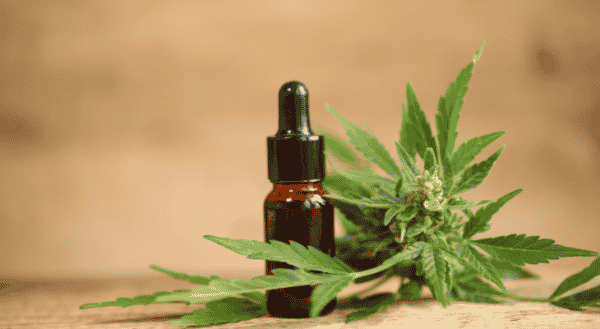What’s holding back the Australian CBD oil market?
Although it’s now legal to buy over-the-counter cannabidiol (CBD), the substance remains scarce in Australia. Here’s what you need to know.
The news in 2021 that the Therapeutic Goods Administration (TGA) would allow the over-the-counter sale of low-dose cannabidiol (CBD) containing products was welcomed by advocates who said it could provide relief for chronically unwell Australians.
However, buying CBD without a prescription (in the same way you might buy a box of paracetamol) remains hypothetical domestically. And, although some patients can access CBD via prescription, it is expensive and the options are limited.
So, what’s holding back the CBD market in Australia?
Primarily, it’s the nature of drug development and approval in this country. The TGA may allow over-the-counter sales of CBD in principle, but drug makers must still seek approval for their specific formulations from the Australian Register of Therapeutic Goods (ARTG).
To obtain approval, companies must meet stringent standards that require investments of both money and time. In a country with a relatively small medical industry, investments of that scale are rare.
Complicating matters, some policymakers still believe that using CBD poses the same risks as smoking cannabis, while some doctors doubt its efficacy for treating pain and other chronic conditions. (In fact, CBD oil does not contain any of the THC that makes cannabis users “high” and is demonstrated to be beneficial for children with epilepsy.)
For the time being, Australians wishing to access CBD oil must first be approved by a doctor. They can then either purchase imported CBD from a handful of domestic sellers or import it themselves.
A sizeable number of Australians already do this – often at great expense – to relieve the symptoms of a range of ailments, particularly chronic pain.
But those Australians who wish to acquire CBD easily and affordably as a substitute for Panadol or chamomile will need to wait a while longer.

CBD: Your Questions Answered
What is it exactly?
CBD (cannabidiol) is one of two noteworthy chemicals found in the cannabis plant, the other being THC (tetrahydrocannabinol). CBD can make users feel relaxed or sleepy, and its effects on the brain’s electrical signals are believed to reduce pain. THC, meanwhile, can make those who consume it feel “high” and affect their sense of reality.
Is Australia in line with other countries on CBD?
Obtaining low-dose CBD oil is significantly easier in both the United Kingdom and the United States. In the UK, it is legally sold as a dietary supplement, and in the US, some 14 states allow over-the-counter sales.
What are the arguments against using CBD?
Some physicians and psychiatrists believe CBD use should remain restricted, citing a lack of peer-reviewed data on its effects and the possibility that it interacts with prescription medicines. CBD manufacturers wishing to manufacture and market CBD in Australia will need to overcome these concerns in order to gain regulatory approval.
Who is currently trying to create a market for CBD in Australia?
The number of companies in a position to develop CBD products here is limited, not only because the process is costly but also because extracting CBD and analysing its chemical makeup requires advanced, specialised equipment. To date, no pharmaceutical company based in Australia has spoken publicly about developing CBD products for domestic use. However, a small number of local producers are harvesting and exporting cannabis for use in CBD preparations, and Federal Health Minister Greg Hunt is a vocal advocate for the Australian medical cannabis industry.
Did you find this article interesting? Subscribe here to the Naturally Good News and get regular updates on other industry insights and trends to keep an eye on.
-
Get your FREE ticket
- REGISTER FOR FREE
